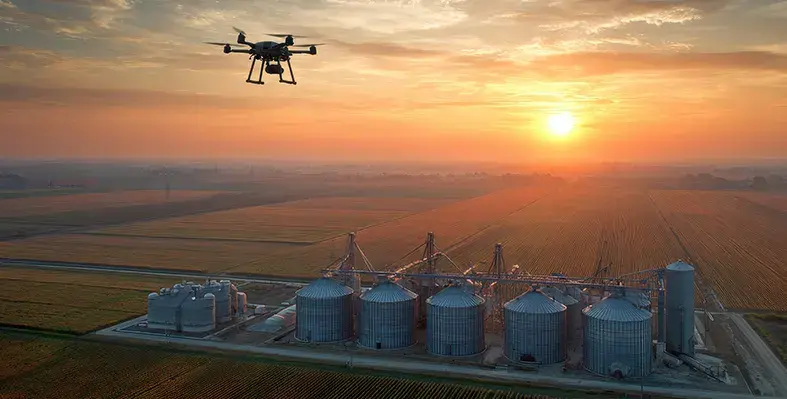The Food and Agriculture Organization (FAO) hosted a key event during the 2025 Standing Committee on Finance Forum, marking the start of the action phase for the US$282mn Food Systems Integrated Programme (FSIP)
Held at the FAO headquarters in Rome, this event comes at a critical moment ahead of COP 30 in November, where countries aim to raise US$1.3 trillion in climate finance.
For the first time since its creation at COP 17 in 2011, the Forum’s theme focuses on agrifood systems, with the goal of accelerating climate action and enhancing resilience through sustainable food systems and agriculture finance. This event included high-level discussions and special events aimed at exploring the potential of agrifood systems to provide climate solutions.
The official opening of the first global meeting of the FSIP was marked by a ministerial event, “Unlocking Sustainable Food Systems for Climate, Nature, and Livelihoods.” The FSIP, a flagship initiative led by the Global Environment Facility (GEF) in collaboration with FAO and the International Fund for Agricultural Development (IFAD), aims to channel US$282mn in GEF grants to transform agrifood systems in 32 countries. These transformations will focus on making systems more sustainable, regenerative, nature-positive, resilient, and pollution-reduced.
The Programme’s ambitious objectives include restoring over 870,000 hectares of degraded land, improving agricultural practices across 13.8 million hectares of landscapes, reducing 174 million tons of greenhouse gas emissions, and improving the livelihoods of 3.4 million people.
QU Dongyu, FAO Director-General stressed the urgency of addressing the climate crisis through more efficient, inclusive, and resilient agrifood systems. He also emphasized that climate finance must be directed to farmers, particularly smallholders, to ensure that the transformation is both equitable and sustainable. “To beat the climate crisis, we need agrifood systems to move faster towards efficiency, inclusivity, resilience, and sustainability,” Qu said.
The event gathered ministers, government representatives, and international partners to discuss how climate finance can unlock opportunities for sustainable agrifood systems. The conversations highlighted the need for integrated solutions that address climate action, biodiversity, food security, and resilient livelihoods.
“This week marks the first time we’ve gathered with participating countries and global partners to share the ambitions of the FSIP,” noted Qu, referring to the programme’s potential to scale its impact both nationally and globally.
In addition to the FSIP meeting, the week also featured other special events, including a gathering of the Food and Agriculture for Sustainable Transformation (FAST) Partnership. This partnership was established during COP 27 in 2022 as a platform for dialogue on climate, agriculture, and finance. A digital exhibit at FAO headquarters highlighted real-world examples of FAO’s work in accelerating climate action through agrifood solutions.FAO will also co-host a side event with Brazil, this year’s COP Presidency, to present the COP30 RAIZ initiative. This initiative aims to boost investment in large-scale agricultural land restoration to support food security, fight climate change, protect biodiversity, and combat desertification.





